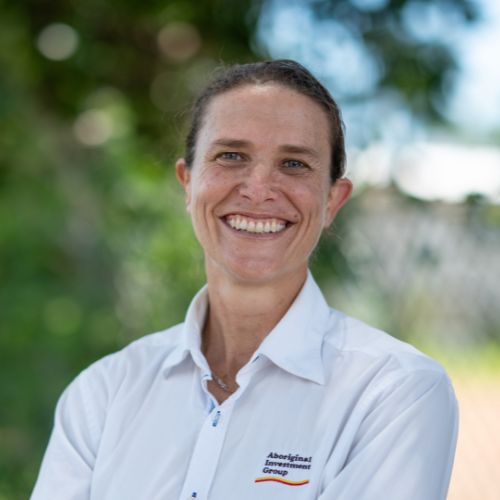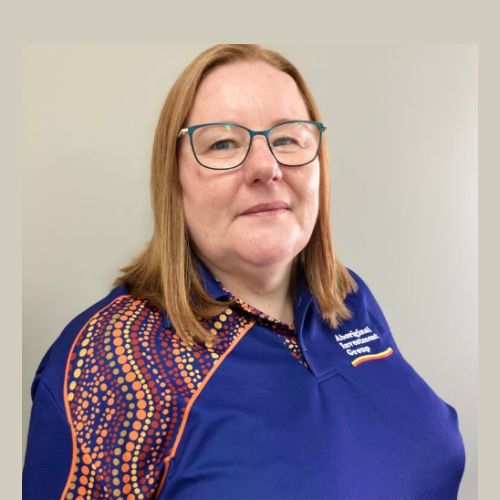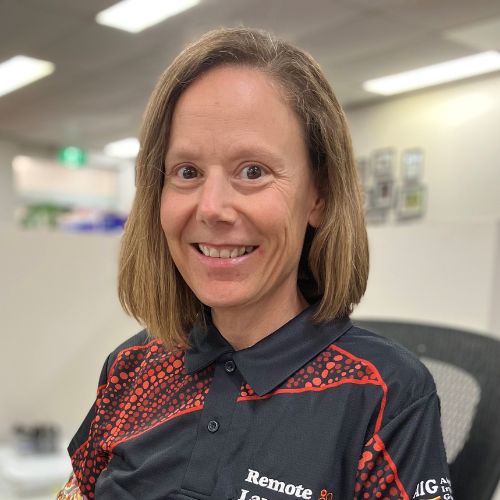
Remote Laundries: Building stronger communities through washing
Building stronger communities through washing
AIG Remote Laundries is building stronger communities through washing, improving health and social outcomes by preventing disease, one wash at a time.
Remote Laundries project
Improving the health and quality of life for people in remote communities and provides sustainable Indigenous employment opportunities.
Problem
Preventable infections thrive where essential services are lacking
Remote Aboriginal communities in northern Australia face the world’s highest rates of skin infections, with approximately 75% of children affected by their first birthday. This is due to overcrowding and a lack of reliable access to basic utilities like hot water, power, or washing facilities. These infections aren’t just uncomfortable – they can lead to serious illnesses like acute rheumatic fever and rheumatic heart disease (RHD), which are preventable.
The burden is staggering: around 96% of people living with RHD in the Northern Territory are First Nations peoples, and Aboriginal babies are more than 20 times more likely to be treated for skin infections than non-Aboriginal infants. Without access to clean clothes and bedding, these infections spread rapidly, reinforcing a cycle of ill health that impacts entire communities.
This is a public health crisis caused not by individual choices, but by structural neglect, and it demands a practical, community-led solution that can reach even the most remote areas.

Solution
Spin cycles saving lives
AIG’s Remote Laundries project is an Aboriginal-owned and operated initiative that provides communities with a purpose-built, free laundry facility while also creating employment opportunities. Despite the Remote Laundries demonstrating strong impact and success to date, expansion into very remote communities and those without reliable access to power and water has been challenging and expensive.
To address these barriers, AIG is piloting a 100% off-the-grid fully self-contained solution. Powered by solar energy and equipped with water recycling technology, the model aims to prove that clean, safe laundry access can be delivered anywhere in Australia – no matter how remote. The solution has been fully costed and incorporates a solar battery system co-designed with CSIRO, along with a water recycling station developed in partnership with the National Critical Care and Trauma Response Centre.
By operating independently of mains utilities, the model will significantly reduce ongoing costs for both the community and AIG.



Impact
Fresh clothes, full hearts
By giving remote communities permanent, year-round access to clean laundry facilities, the Remote Laundries project aims to help stop the spread of disease, improves quality of life, and creates local jobs – strengthening health, dignity, and opportunity.
In 2021, a cost-benefit analysis by KPMG found that over five years, one laundry provides $3.7 million worth of net savings to government and was shown to deliver $6 in healthcare savings for every $1 invested – a compelling case for scalable, long-term investment.
AIG currently have 5 sites in operation. These laundries have spun over 60,000 cycles and injected $750,000 worth of wages into the Remote Laundries Communities. In Barunga, there have been no new cases of RHD and a 60% drop in case numbers for scabies since introducing community laundry.
This is a simple, proven, and community-driven model with national relevance. As AIG prepares to scale further, including off-grid expansion to the most remote regions, it’s not just building laundries – it’s building stronger, healthier communities, one wash at a time.
This pilot will provide proof of concept for AIG and help identify the most effective model for reducing skin infections and improving health outcomes in remote communities. Most importantly, it represents a critical step towards the long-term goal of eliminating rheumatic heart disease (RHD) in Australia by 2031.
Before the laundry, some people didn’t have a washing machine at home. Countrymen used to go to other community members to use their machines. They don’t do that now. We have helped the clinic mob too you see. If the laundry wasn’t there, scabies might come back again. I don’t want to go and work anywhere else.
Finicole Coleman
Barunga laundry team member
Sam’s story: working to wash away disease with every spin

For Sam, employment at a Remote Laundry has become a mission.
“The housing crisis isn’t getting any better, and this is where a lot of the problem comes from. But projects like this show we can find solutions.”
Read Sam’s story and discover why he believes these community-owned facilities help create healthier futures in remote communities - reducing infection risks, creating local jobs, and a whole load more.
Meet the team
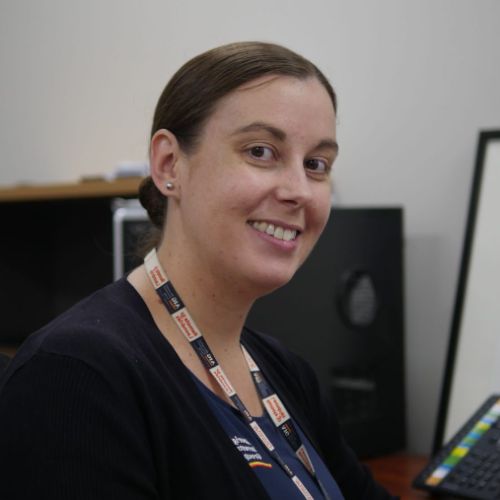
Talia Henriques
Finance Manager
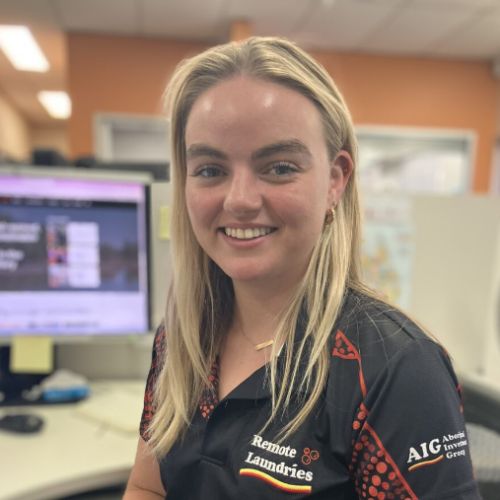
Holly Mills
Remote Laundries Project Officer
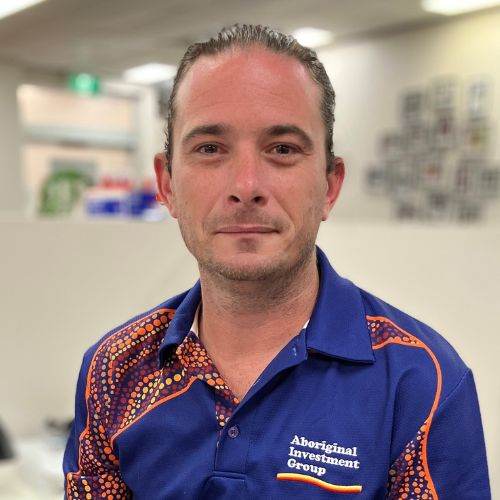
James Poppleton
General Manager, Projects & Operations
Learn more about Remote Laundries at remotelaundries.org.au, on LinkedIn, Instagram or Facebook

Project updates

AIG launches two new laundries
While work continues on an off-grid model, AIG has launched two new Remote Laundries - bringing proven health and employment benefits to more communities. This 100% Aboriginal-owned initiative strengthens self-determination while improving hygiene, creating jobs, and driving better health outcomes across remote Australia.
Disclaimer
The information provided on this page is for general informational purposes about our Catalyst Partner’s project only - see the Disclaimer. If you have any questions or would like more information about this project or Catalyst Partnership Grants, get in touch.
You might also be interested in...
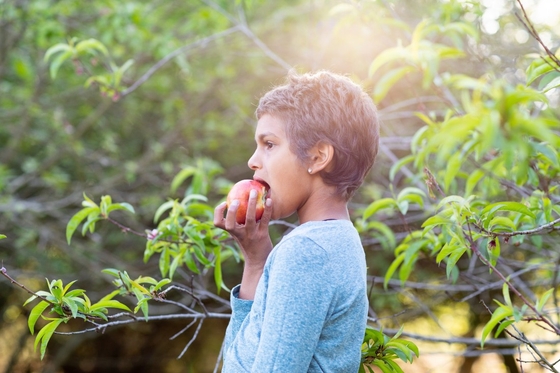
What is acute rheumatic fever and rheumatic heart disease?
Rheumatic heart disease is a serious disease that causes damage to your heart valves.
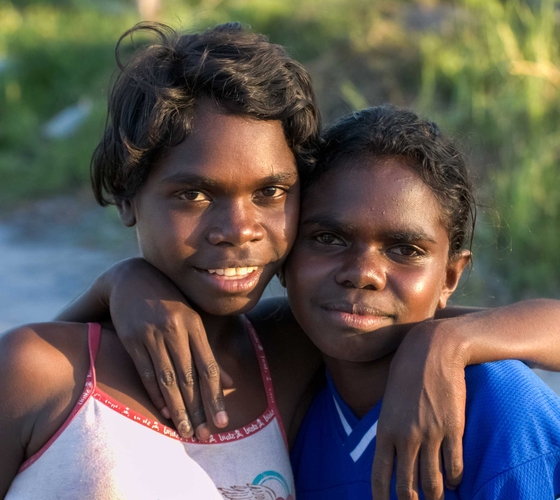
Acute rheumatic fever (ARF) and rheumatic heart disease (RHD)
Rheumatic heart disease is a serious disease that causes damage to your heart valves.
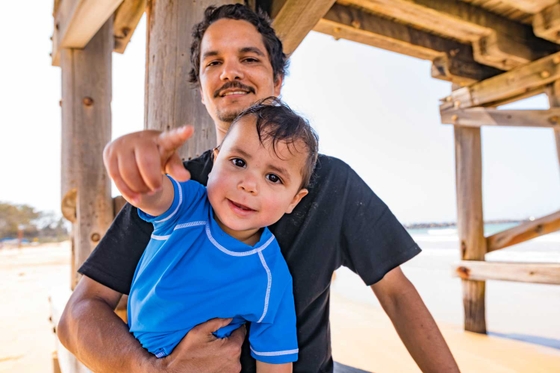
A short history of rheumatic heart disease in Australia
RHD continues to disproportionately affect Aboriginal and Torres Strait Islander Peoples. So why are the rates of Aboriginal and Torres Strait Islander Peoples suffering from RHD so high?
.png?format=pjpg&auto=webp)
